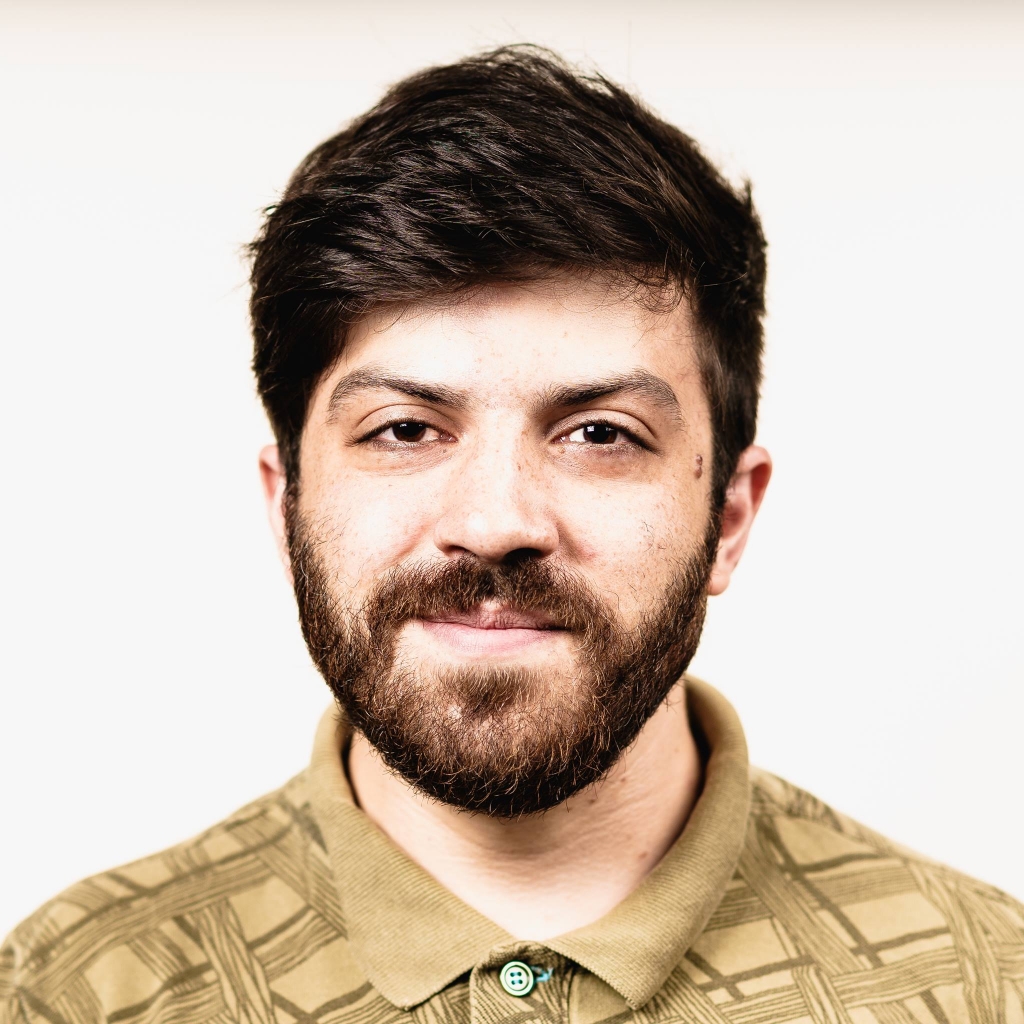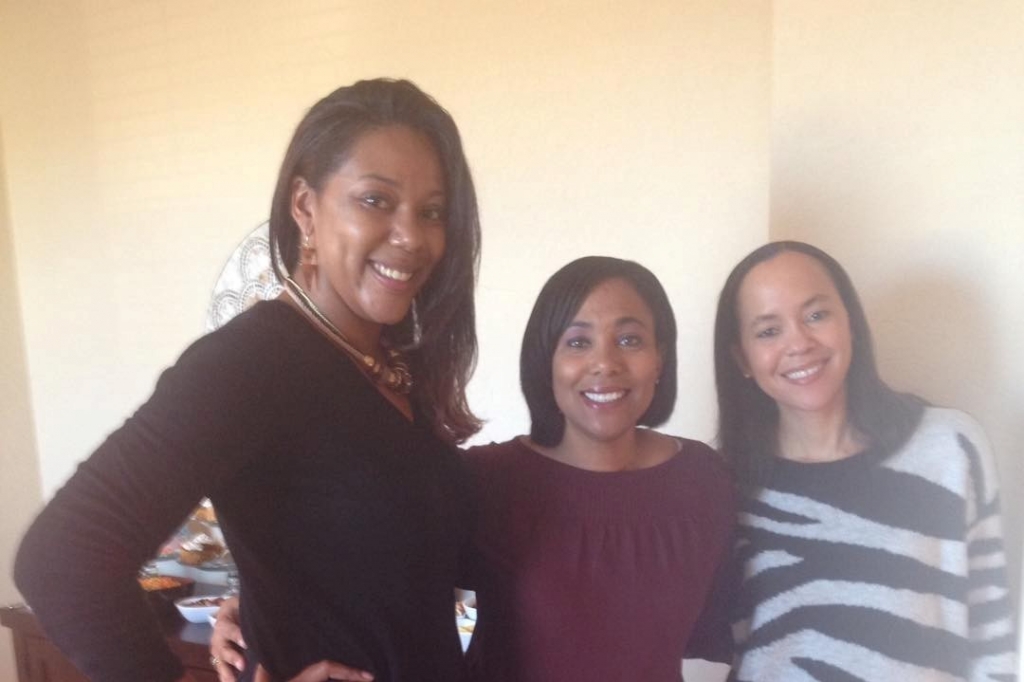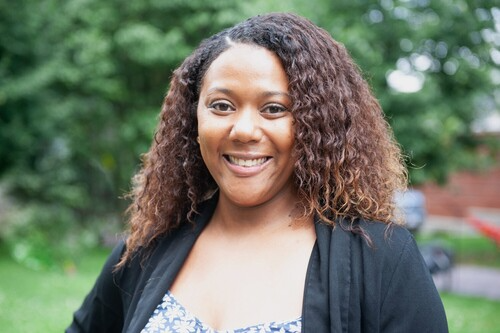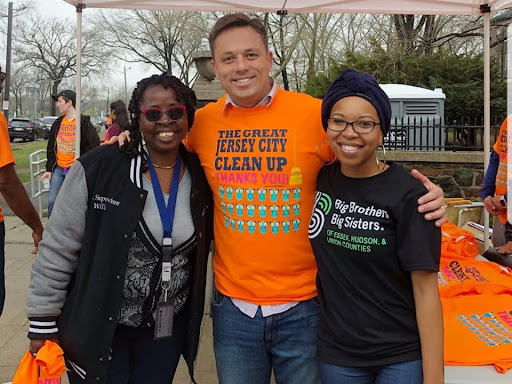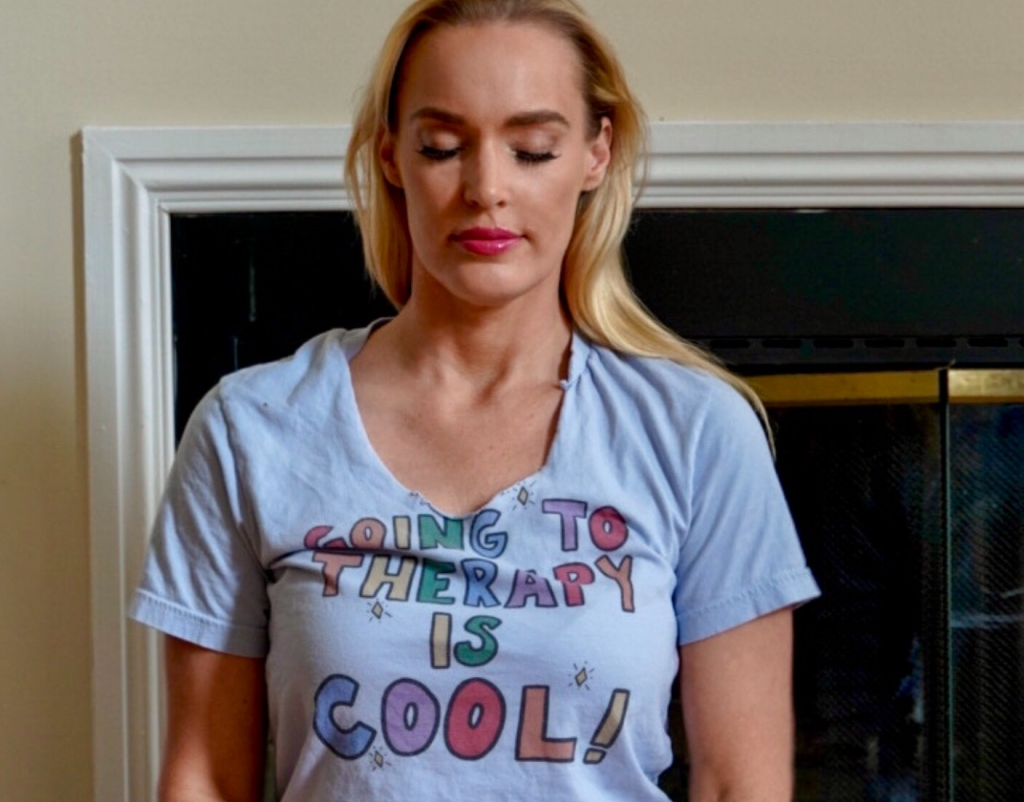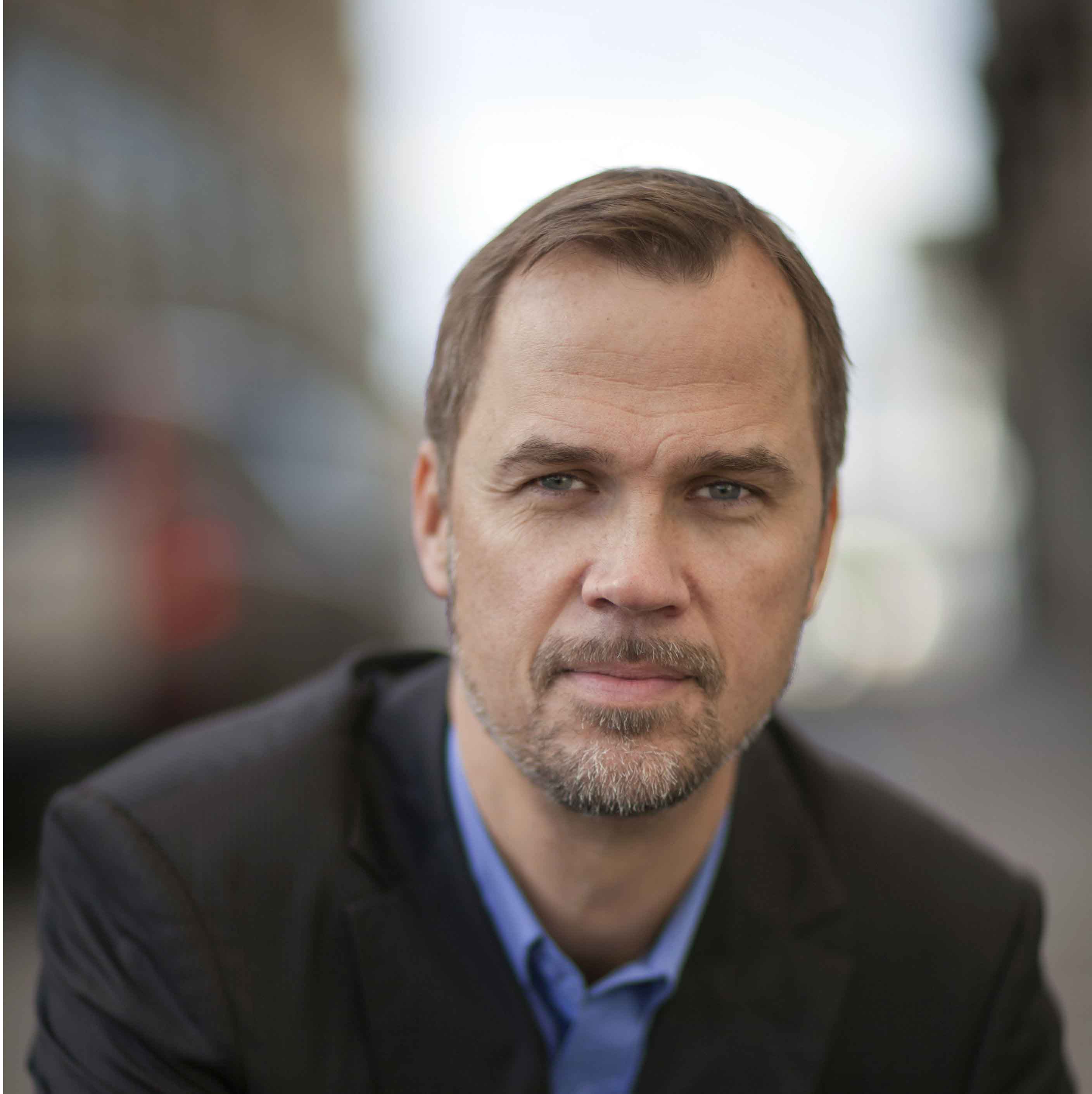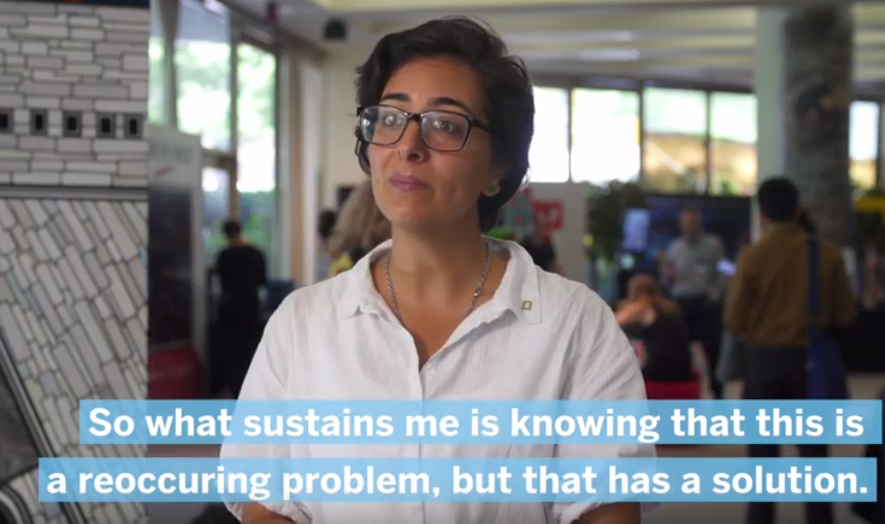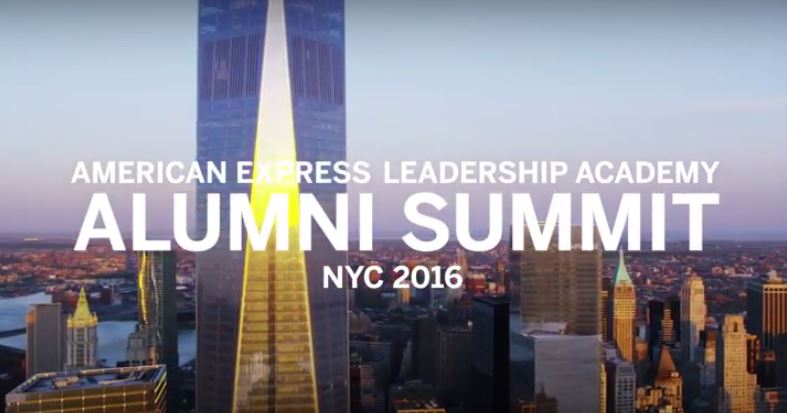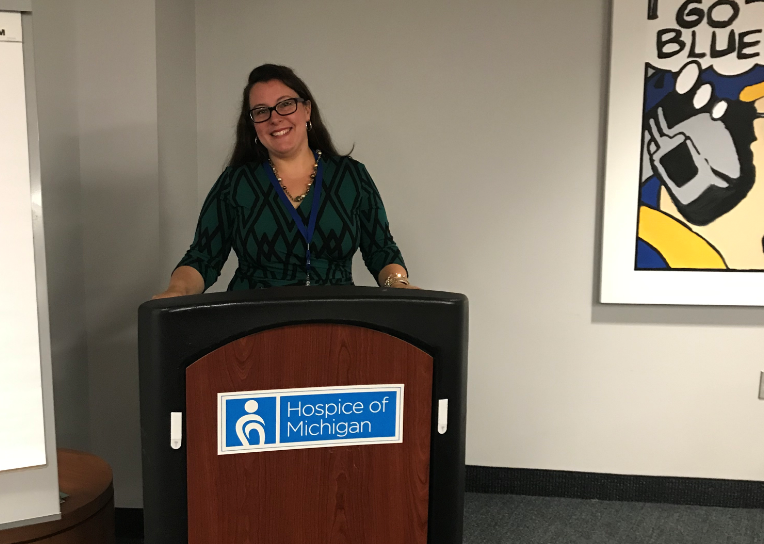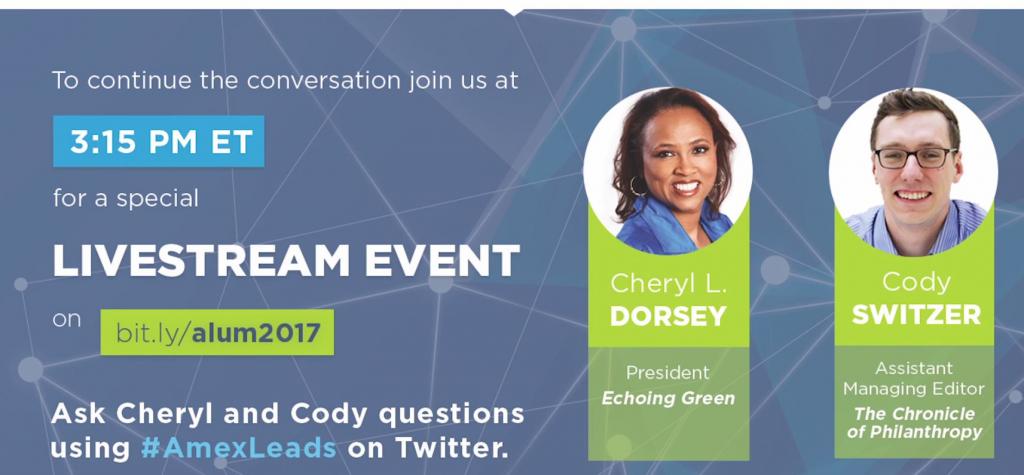.png)
(from left to right: Kate Kendall, Cristina Herrera, Carmez Vazquez, Chase Strangio)
As moderator of the 2019 American Express Leadership Academy keynote panel on LGBTQ+ Leadership, Kate Kendall’s job was twofold: she introduced attendees to the panelists that would be joining her onstage, and helped the audience understand the cultural moment she and others in the LGBTQ+ community currently face.
The discussion was part of a weeklong leadership academy, run by American Express and the Center for Creative Leadership, that took place in New York City - weeks away from the start of June’s celebrations, parades, arts and activism for World Pride Month. This year held special significance, as it marked the 50th anniversary of the Stonewall riots, where overnight protests outside a gay bar in Chelsea helped coalesce the modern gay liberation movement in the United States.
There was more to consider than Pride, though. Earlier that week, the Supreme Court had announced that it would consider several cases that involve anti-LGBTQ+ legislation. The Court may decide whether or not discrimination based on gender or sexual identity is permissible under the law.
Reflecting on Stonewall, Kendall—the former Executive Director of the National Center for Lesbian Rights, a national legal and policy advocacy organization—opened the panel discussion by noting, “It wasn’t the privileged elite who fought back. It was the people in the margins: Trans folks, Queer people of color. When you push people just so far, when you rid them of hope, that’s when they are most dangerous.”
Joining Kendall were three other leaders in the LGBTQ+ space. There was Cristina Herrera, an immigrant from El Salvador who, after finding her community and affirming her identity in NYC, saw a need for communal support and development among her transgender peers. She founded the TransLatinx Network in 2007. There was Carmen Vazquez, who helped run and manage the LGBT Health and Human Services Unit at NYS Department of Health, as well as the NYS AIDS Institute before entering retirement in 2018. And there was Chase Strangio, a Staff Attorney for the ACLU who has helped challenge many of the homophobic and transphobic bills that have recently emerged at the state and federal levels.
With decades of advocacy shared between them, the panelists also had diversity of background, work history, and a sense of where the movement is and where it is heading. Even though it was only an hour long, the panel was full of information – some deeply personal, but most of it focusing on the challenges facing the LGBTQ+ community.
We’ve collected just some of the many insights below for your consideration. (To learn more about American Express Leadership Academy, follow the hashtag #amexleads on Twitter.)
On the Past – and Becoming
Vazquez: “I was witness to the horrible, horrible reality of the AIDS epidemic in San Francisco. In those days, I was losing friends every week. I was at funeral services every week. There were literally thousands of my brothers who died around that time. How do you cope around that time? I’m imagining trying to work around that. But ultimately, it’s about justice, not just us.”
Herrera: “At age 15, I was already dealing with a lot of internal turmoil. I knew that I was not gay, but I could sense that I was different. I had to kind of process on my own, which was very difficult. My mother bought me a ticket to NYC thinking that I would cry and beg to come back to Los Angeles a couple of weeks later. But that didn’t happen. I met friends and saw all these new people in NYC. When you’re that young and you tried to go to The Center…it was so overwhelming. I thought the people there looked so strange, but I knew a lot of that was my own internalized fear.”
On Advocacy
Vazquez: “Equality gives us marriage but it does not give us a guarantee that people will be safe on the streets. It doesn’t mean that LGBTQ+ youth coming out at school are going to be safe. There’s a huge population of homeless youth in New York City and other urban areas who are LGBTQ+. Why? Because they don’t have anywhere else to go. We have a ton of people working to mitigate the homelessness and protect LGBTQ+ and trans youth but it’s a drop in the bucket. We have a long way to go.”
Strangio: “In a capitalist system, we will always be distributing some costs and benefits. We will inevitably be complicit in the system because we exist in it. But I think that there’s a real value to systemic legal change, as long as we don’t look at it as the end of the work. It’s a tool in our kit. We have to think about what our role is as narrators in the legal system, and the stories we tell.”
“We have to think about what our role is as narrators…and the stories we tell.”
On Pride
Vazquez: “Pride is a double edged sword, right? Our cultures and our symbols are being capitalized on - even the Yankees had a scholarship for LGBTQ+ people and they were taking pictures in front of the Stonewall Inn in Yankee striped shirts. It’s great! But at the same time as that mainstreaming is going on, politicians are trying to gut our rights and eviscerate any protections for the trans community. When you’re in a human rights framework nothing is secure. The 50th anniversary should be an opportunity to advocate and be visible, as well as parade around the country.
I came back to New York City for the 25th anniversary of Stonewall and it was invigorating to be with so many of our brothers and sisters. People would joke that the Nixon administration wanted to send us all to an island. We said they did – it’s called Manhattan.”
On Making Workplaces More Equitable
Kendall: “Don’t be a bystander. Speak up. Don’t wait for the Person of Color to call out a comment that, even unintentionally, lands wrong and shouldn’t be said. Even if there is no one in the room.”
Strangio: “Do your own education first. What do your bathrooms look like? What do your health systems look like? What are your assumptions about the family structure? Think about all the ways our identities intersect and how we all defy gender norms. We have to stay informed and follow along.
We should have more of a conversation about how power works in these work spaces. One analogy I can think of is how I used to run the ‘Know Your Rights’ debriefs for police encounters, and then one day I was like ‘What the hell do I know about police encounters?’ I grew up with white privilege in Massachusetts. The best trainings are run by people who are present in the issues.”
Herrera: “What we’re doing [at the TransLatinx Network] to empower people entering the workplace is that we’re constantly hosting workshops about: knowing your rights, job interviews, dealing with discrimination in the workplace, what to look for, what questions not to answer. So being able to access people within your community is critical for finding opportunities. A lot of the graduates from our program have never held an office job, so these are important trainings to help people find jobs that they feel comfortable in.”
On Hope
Herrera: “Even though we are living in a world with so much hardship and violence - and seeing all the anti-immigrant sentiment that is happening - seeing how many of my peers are moving through the process and becoming permanent residents and citizens, and knowing that we can exercise our right to vote and look out for our best interests gives me hope.”
Vazquez: “I have a niece and nephew that are being raised in an LGBTQ+ household. There are thousands of children who have or are being raised by the LGBTQ+ community who don’t even blink an eye. They give me hope.”
"Whether you’re Queer or not, if you’re in the social impact space, your work is about exercising the muscle of hope in times of hardship. So exercise that muscle.”
Kendall: “Whenever I really start to lose hope—and I am very worried about the Supreme Court’s upcoming rulings—I think about the HIV/AIDS crisis. Everyone of our age lost a lot of men in our lives, and the thing that was most horrifying was that the government did not care. They did not care that thousands of young men in the prime of their life were dying.
Out of nothing, our community built an infrastructure to save our men. And now, many cities are getting [the number of HIV/AIDS diagnoses] to zero. We can live full long lives. Yes, we forced the government to care, but first we built the infrastructure ourselves. Whether you’re Queer or not, if you’re in the social impact space, your work is about exercising the muscle of hope in times of hardship. So exercise that muscle.”

